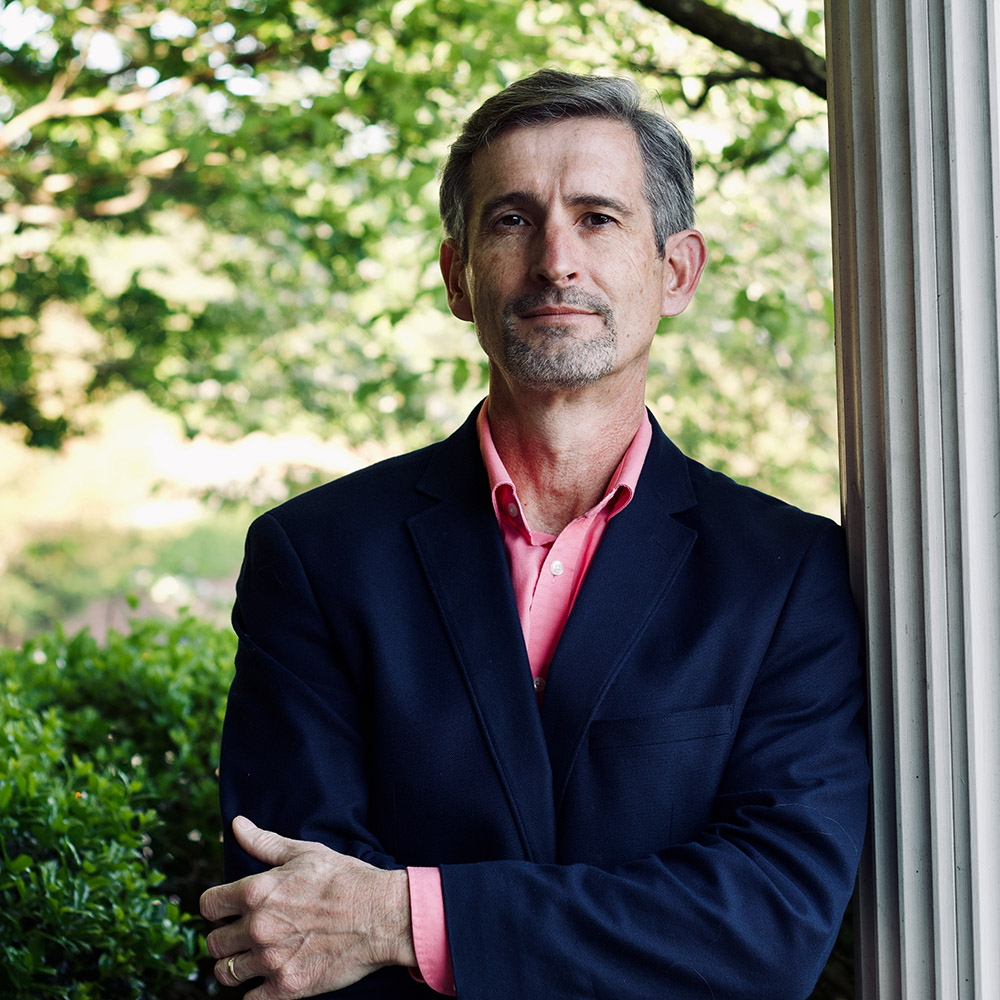As we step into 2025, we sat down with Houston Daugherty, CEO of Cannon & Cannon, Inc. (CCI) to reflect on the milestones of 2024 and explore what lies ahead for the engineering consulting industry. From a renewed focus on public infrastructure to the continued trends of sustainability and smarter technologies, Houston shared his perspective on the trends shaping the future and the essential skills engineers will need to succeed. He also shared how CCI is set to make a lasting impact on East Tennessee’s growth and progress in the year ahead.
Looking back at 2024, what were the biggest achievements in engineering for the markets CCI serves, and how might they shape the year ahead?
Generally speaking, I believe the greatest achievements in engineering not only for CCI-specific markets but for the country as a whole are the continued and increasing work on public infrastructure. From the water we drink to the roads and bridges we travel on, the engineering community’s efforts to address this increasing demand represent a great achievement for the long term.
What’s one skill or mindset that you think will be essential for engineers in 2025?
The principles of engineering are well established and are age old. However, the methodology for the application of those principles has a tendency to change on occasion. I’m a little hesitant to go to the AI (artificial intelligence) answer that everyone seems to be offering up these days, however, if viewed for what it is rather than what it isn’t, I believe that engineers can and should leverage computing power to advance the industry while making tremendous strides for public welfare.
By the way, there is nothing really “artificial” about AI as we use it today. It is information that is there and waiting to be cultivated. Information that is real. Information that can also be misinterpreted or misapplied. The speed of computing is such that we now can collate information extremely fast. The skillset we need is being able to separate the wheat from the chaff. Strong judgment skills must be exercised to avoid the GIGO (garbage in, garbage out) conundrum.

What major changes or trends do you anticipate for engineering in 2025, particularly regarding sustainability and smart infrastructure?
The upcoming megatrends in the industry are energy transition and demand capacity, environmental stewardship and remediation, infrastructure resilience and upgrades, and digital transformation. Sustainability is certainly the order of the day and aligns with the engineering principle of “serviceability”. Which is to say, designing with a focus on life cycle and adaptability.
The term “future proof” is often used, and of course is a misnomer because the future keeps itself largely a secret or has a tendency to throw unexpected curveballs. There are countless examples that highlight the challenges of accurately predicting the future. However, the application of engineering expertise into the equation of knowledge, trends, and technological advancement generally serve to maximize the life cycle of a given design.
Regarding smart infrastructure, that will continue to gain prevalence. The ability to utilize technology to give us advanced notice of a particular issue or trend will help the engineer make even better decisions.
How are new tools, materials, or technologies expected to impact the way projects are designed and built next year?
I spoke of it before, AI represents a paradigm shift in the way work gets done. However, I view AI as not the answer, but as a thought partner. It is important to note however, that engineering judgment requires more than a thought partner – it requires the engineer to think first.
Can you share examples of how CCI projects in the region are making a difference for communities and supporting growth?
That’s pretty easy, when you turn on your faucet, flush your toilet, flip the light switch, jump on the internet, drive along a new or existing roadway, make it through an intersection safely, etc…think of and thank an engineer that had a hand in helping improve or making it possible.
What role do you see CCI playing in advancing engineering and supporting supporting the progress of markets served in 2025 and beyond?
Our continued focus on infrastructure will continue to make a meaningful impact on the communities we serve. We see ourselves as partners in the Southeast’s growth, working alongside public and private stakeholders to create solutions that support economic development and strengthen regional connections. In 2025 we’ll continue putting our expertise to use in ways that leave a lasting fingerprint of progress and improvement for the area.

